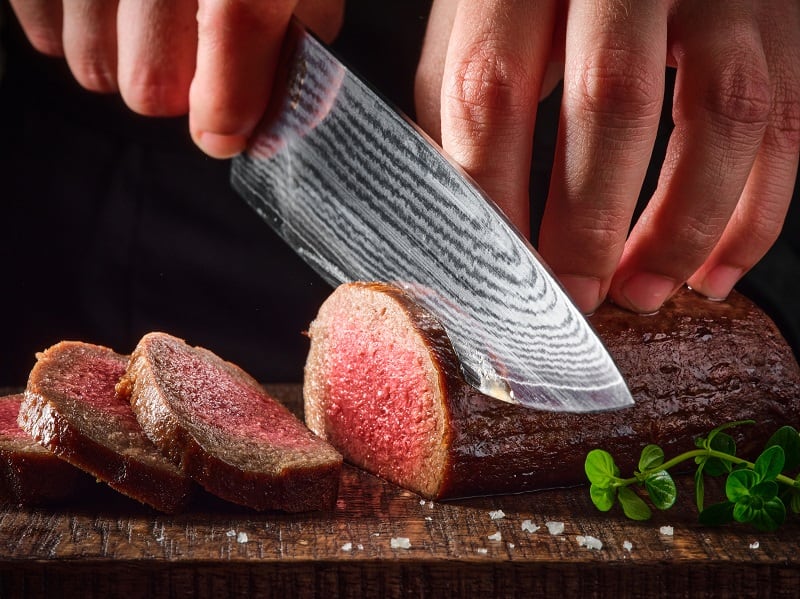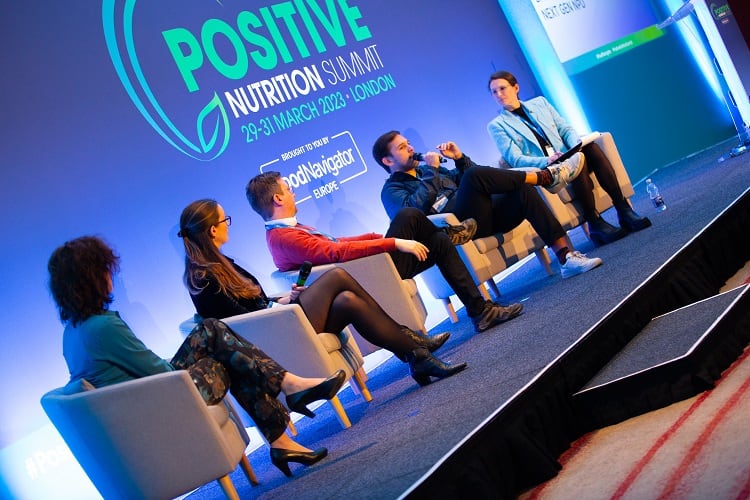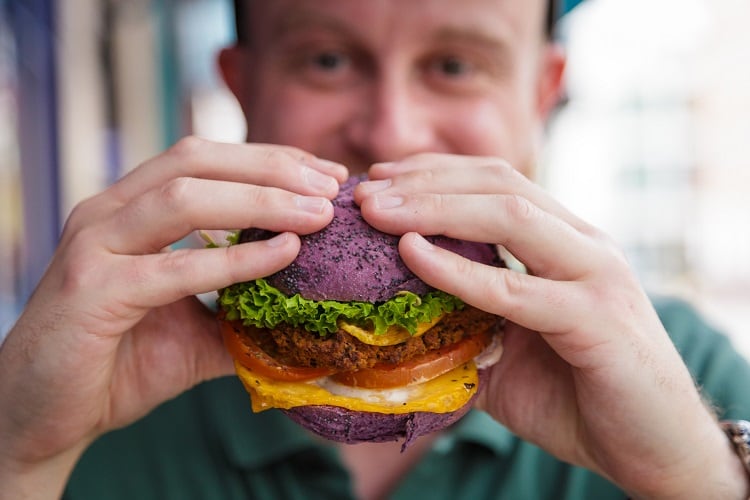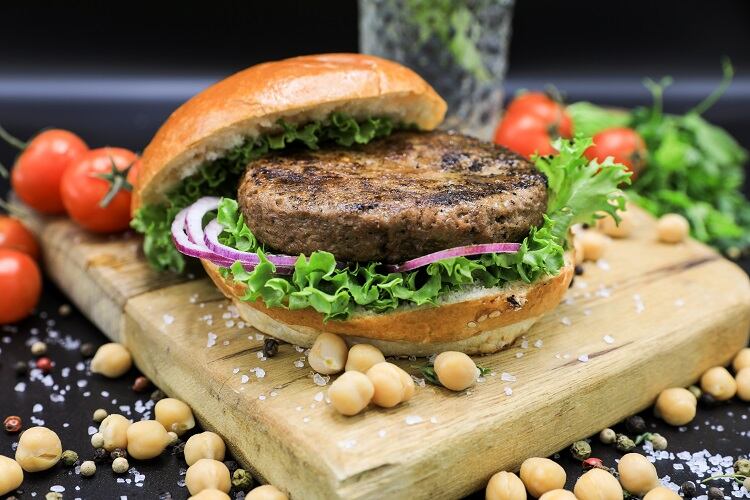The company is also partnering with Tel Aviv-inspired restaurant chain Boker Tov to begin serving Belgium. Boker Tov will offer Redefine Meat’s portfolio at three locations in Antwerp, starting off with the Redefine Merguez Sausage and Redefine Burger.
Since its European commercial launch at the end of 2021, Redefine Meat’s 15-strong portfolio spans minced meat products and premium muscle cuts, which are served by leading chefs at around 3,000 restaurants, hotels and other food service locations across Europe and Israel, where they are also available in retail channels.
The products are made using a range of technologies, ranging from material science to additive manufacturing and artificial intelligence, all Redefine Meat products are made from plant-based ingredients such as soy, pea, wheat and rice protein combined with coconut fat and rapeseed oil. It achieves a ‘blood’ effect using raspberry and beetroot juice
“By bringing those components together we are able to mimic the taste, texture and flavour of real meat,” Edwin Bark, senior vice president at Redefine Meat, recently told FoodNavigator’s Protein Vision.
The company has bold plans to continue growing both its food service and retail channels, he revealed. “We will most likely hit 6,000 restaurants by the end of the year, but the journey doesn't end there we are aiming to build the largest meat company in the world because we want to make an impact on the food system. That means the food service channel as such will not be enough to make that impact and so we ultimately want to be in all kinds of distribution channels including retail and e-tail.”
Redefine Meat also recently opened a new large-scale factory in the Netherlands providing the capacity to support the aggressive expansion in both new and existing markets. “We know how we will be able to scale our production and supply the demand,” Bark insisted.
Challenging market
Challenges do abound for meat alternatives, however, as well as the dairy alternatives category, with evidence of slowing growth in the category. “Clearly the plant-based meat industry is following the development of the s-shaped curve,” said Bark. “Growth in new markets is never in a linear line. It always comes in waves.”
He called for greater ‘quality and versatility’ in the category. “We can't just eat [plant-based] burgers and meatballs every day,” he said. “We have to offer a much wider variety of meat which allows us to integrate all types of dishes and culinary cultures.”
Innovation and collaboration are also needed in all parts of the value chain, Bark stressed, in order to increase the quality in the industry.
“We need new proteins, we need new binding systems; we need new processes that will deliver better textures and more complex structures. It requires a large effort of the value chain. I'm a big believer in ecosystems for collaborative innovation. The challenge is way too big to be addressed by one company.
"We are not helped by a company if we have weak competitors. We would actually benefit from a much stronger competitive environment because it would further drive penetration of plant-based meat which is what we need to achieve."
Visit HERE to watch FoodNavigator’s Protein Vision 2023 event on demand





